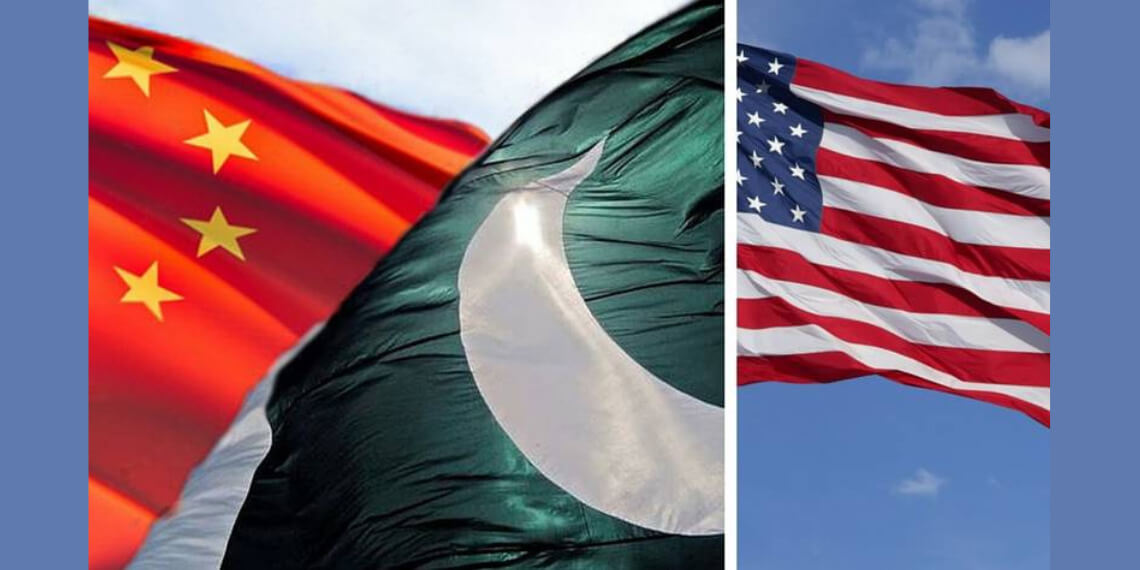In a move reflecting the global shift towards de-dollarization, Pakistan has decided to purchase discounted Russian oil using the Chinese yuan.
As part of the BRICS economic bloc’s efforts to conduct international trade in currencies other than the US dollar, Pakistan’s decision signals another transaction conducted using an alternative currency.
Alternative payment for Pakistan amid sanctions
Pakistan is set to pay for Russian oil with the Chinese yuan, as local media report that the first cargo of over 750,000 barrels is expected to arrive in June.
Although the exact amount and mode of payment have not been disclosed, sources reveal that Pakistan has agreed to a discounted per-barrel price of around $50–$52, significantly lower than the G7 price cap on Russian oil of $60 per barrel.
This development follows sanctions imposed on Russia by the EU, G7, and their allies, including a ban on seaborne oil exports and a price cap on Russian oil.
These measures were in response to Russia’s invasion of Ukraine and aimed to distance the nation from the West. Amid the focus on the Chinese yuan, talks of a BRICS trading currency are expected to progress at the annual BRICS summit.
The growing influence of the Chinese Yuan
With the first shipment of 750,000 barrels anticipated to dock in June, Pakistan plans to pay for Russian crude oil using Chinese yuan. The Bank of China is expected to facilitate the transaction.
However, the mode of payment and the discount offered to Pakistan remain undisclosed, as publicizing such information is not considered beneficial for either party.
An official from Pakistan’s Ministry of Energy stated that Russia would supply URAL crude in the test cargo, which Pakistan Refinery Limited (PRL) will likely refine.
Meanwhile, other sources report that Pakistan has agreed to a per-barrel price of around $50-52, lower than the G7 price cap on Russian oil of $60 per barrel.
The decision to use the Chinese yuan for this transaction illustrates the currency’s growing acceptance in international trade, as well as concerns about the US abusing its dollar hegemony through sanctions.
The yuan’s stability, China’s economic strength, and its large consumer market make it an increasingly reliable choice for international settlements.
In recent months, several countries have expressed their inclination to settle trade deals in the yuan instead of the US dollar. Iraq’s central bank announced in February that it would trade with China using the yuan.
Argentina followed suit in April, declaring that it would start paying for Chinese imports in yuan rather than in US dollars.
According to data from multiple sources, the yuan became the most widely used currency for cross-border transactions in China in March, overtaking the dollar for the first time.
The yuan was used in 48.4 percent of all cross-border transactions, while the dollar’s share declined to 46.7 percent from 48.6 percent a month earlier.
This shift towards the Chinese yuan can be attributed to China’s ongoing efforts to open its financial sector, making it easier for global investors to participate in its domestic financial market.
As the yuan’s role in global payment and settlement, foreign exchange reserves, and investment and financing expands, the de-dollarization trend is expected to continue.





